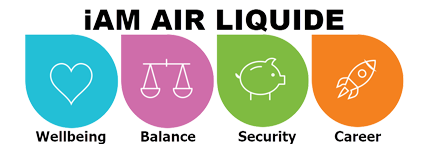
You can use a Flexible Spending Account to set aside tax-free money through payroll deductions to pay qualified health and dependent care expenses. Because you don’t pay taxes on the money you contribute, more money is available to you as disposable income.
Your annual contribution is deducted evenly from your paychecks throughout the year. FSA funds are use it or lose it— any money remaining in your account after the deadline for the plan year’s claims (December 31st to incur expenses and March 31st to file claims), is forfeited. Your FSA funds do not roll over year to year. You must spend it in the calendar year that you contribute.
There are three types of FSAs to consider:
Health Care FSA
The Health Care FSA pays for eligible out-of-pocket medical, prescription, dental and vision expenses, such as health insurance deductibles, copays for prescription drugs and doctor’s visits, prescription eye wear and supplies, dental/orthodontia expenses and hearing aids. The maximum amount that you can contribute is $2,750 as an individual.
Air Liquide has also changed their Health Care Flexible Spending Account policy from a grace period to a carryover option due to IRS regulations. Meaning, employees will be able to carryover up to $570* into the year 2023. You will be able to submit expenses until April 30, 2023 for all funds incurred during January 1, 2022 to December 31, 2022.
If you enroll in the Choice Savings Plan, you are only eligible to participate in a Limited Use Health Care FSA. Eligible expenses include vision and dental services only.
*Subject to change per IRS rules
Dependent Care FSA
The Dependent Care FSA allows you to set aside pre-tax funds for dependent care expenses (typically child care or day care expenses). Expenses can be claimed only for dependents under age 13, elderly dependents or dependents of any age if they qualify as disabled.
The maximum amount that you can contribute each year is $5,000 (or $2,500 if you’re married and filing separate tax returns).
If you’re married, your spouse must be working, looking for work, or be a full-time student for you to be eligible to set aside pre-tax dollars in a Dependent Care FSA.
You can be reimbursed for expenses you incur between January 1 – December 31, 2022. You must submit claims for reimbursement for these expenses by March 31, 2023.
Limited Use Health Care FSA
If you enroll in the Choice Value Plan or Choice Savings Plan you are allowed to contribute to a Limited Use Health Care FSA for eligible dental and vision expenses. While permissible, contributions may be better placed in an HSA where they have the same tax-advantages and no “use it or lose it” rule. You may choose to contribute up to $2,750 to a Limited Use Health Care FSA.

